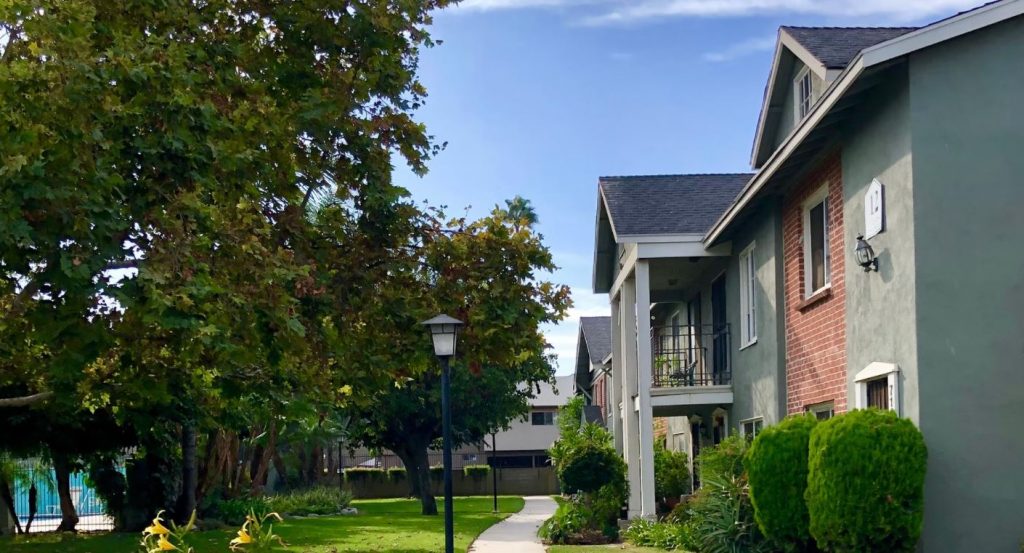Moving is mostly done locally, with people downsizing or upsizing their homes, looking for reduced housing expenses, or choosing a more convenient commute as their reasons for moving. However, many people relocate across county or state boundaries, often hundreds or thousands of miles away from their previous residence. You should keep these pointers in mind while planning your relocation to a new city or state — or even a new country — as you search for a handy, comfortable neighborhood that suits your budget and lifestyle requirements.
Look at renting, to begin with
It is impossible to be 100 percent certain that your new neighborhood or community is the correct match until you have lived there for a period of several months.
Therefore, renting your first home in an unfamiliar area can be a wise decision, particularly if you are relocating from afar and are unfamiliar with the city or region in which you will be living. Renting in a new neighborhood is a great way to “try before you buy,” as the saying goes. You would generally only need to go through one lease cycle — either six months or a year, depending on the landlord – before deciding whether or not you want to stay in the same neighborhood for the foreseeable future. Furthermore, if you decide to relocate to a more desirable location in the future, you will not be saddled with a house that you must sell immediately.
Consider your safety and comfort
If you do not feel safe in your new area or town, you will not be able to fully appreciate it. Before you relocate, research property and violent crime rates in the area online. You can also check the websites of your new city or county, as well as the websites of the local law enforcement agency.
When you visit each neighborhood or community to research potential housing, look for evidence of the place’s safety and stability. Are the yards and residences in good condition? Do you notice any evidence of neglect or vandalism, such as boarded-up buildings or graffiti, in your neighborhood? Is there a large number of people out and about, or does the area appear to be deserted? Visit the same location at different times of the day in order to get a thorough picture of the waxing and waning of daily life in your chosen location.
Investigate the character of the community
Because various people have different expectations of their communities, the character of a community is subjective. However, this does not negate the need of evaluating the emotive characteristics of possible neighborhoods and residences and determining where you will be most comfortable.
What kind of interactions do the locals have with one another? In some communities, it may be considered impolite not to interact with your neighbors, keep up with their business, or lend a helping hand to those who are less fortunate. In some places, individuals are more introverted and less supportive, preferring to go about their business and communicate with their neighbors just minimally, if at all, rather than interacting with them. Which end of the range you like will be determined by your personality type and way of living.

